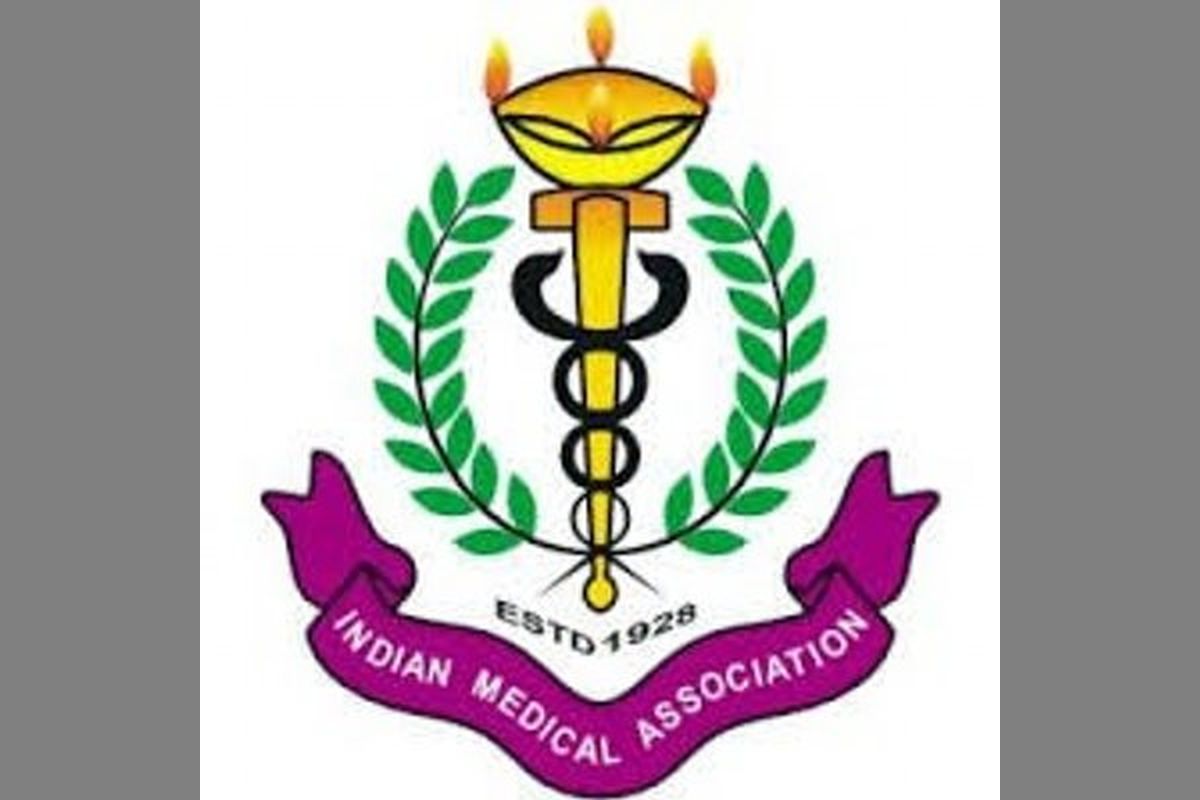On the eve of World No Tobacco Day, the Indian Medical Association (IMA) has asked its doctors to proactively work for tobacco control as part of an awareness campaign.
For the World No Tobacco day, which is observed on 31 May, the IMA has asked its panel of doctors to reach out to various communities and communicate about the health hazards of tobacco ~ both smoking and smokeless tobacco.
Advertisement
“The doctors should be well versed with tobacco control counselling and pharmacotherapy so that they communicate the same and make the people aware,” the IMA said.
“IMA branches have been communicated to organise awareness rally, arrange workshops/ symposium/ lectures for media/public/social groups/police, give talk shows on radio/TV, distribute pamphlets, stickers, arrange oral lesion/cancer detection camps etc. on World No Tobacco Day,” said IMA in a statement.
Discussing the ill-effects of tobacco consumption, Dr Rajkumar, senior consultant, Internal Medicine, Indian Spinal Injuries Centre, said: ”Smoking is a habit that one may acquire at will but coming out of it can be virtually impossible for many. Only 2 out of 3 smokers try to quit smoking every year, and only about half are able to quit it successfully.
Addiction to tobacco, especially smoking, is a major health problem globally and is the cause of serious respiratory diseases such as asthma, chronic obstructive pulmonary disease (COPD), as well as tuberculosis and lung cancer.”
He said, “Adolescents who smoke are more likely to suffer chronic respiratory disorders and risk permanent damage to their lungs. The lungs continue to grow well into adulthood, but inhaling the toxins found in tobacco smoke, especially nicotine, slows this process and causes potentially irreversible lung damage.
